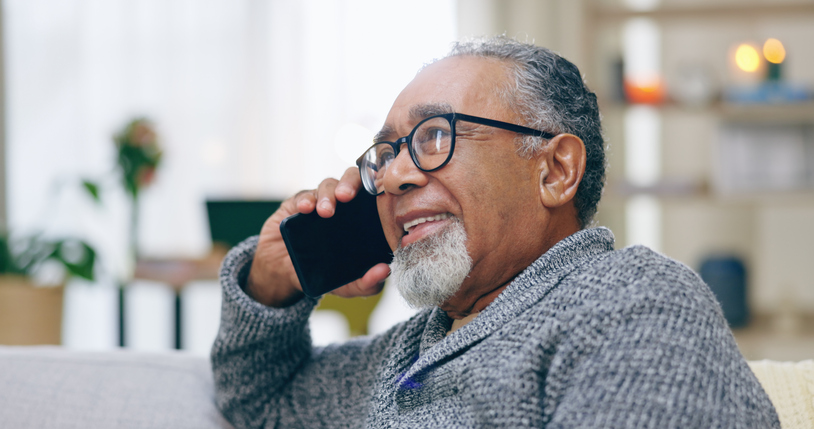Having cancer or cancer treatment can affect your body and how you feel about yourself. Changes to your body image can make you feel less confident change how you feel about your body and affect your sense of who you are. For example, you may lose your hair, lose or gain weight, or have scarring or a more significant change to your body (e.g. losing a body part, for example, if you have had a breast removed).
Other changes that can affect your confidence include changes to the way you speak or hear, sexual difficulties, issues with bladder or bowel control, having a stoma or infertility.
If you feel self-conscious or less confident, it can affect many parts of your life – You may feel like you don’t want to socialise or travel, it can affect your romantic and sexual relations or you may feel down and depressed in yourself, feel that you don’t like your body or feel less feminine or masculine.






